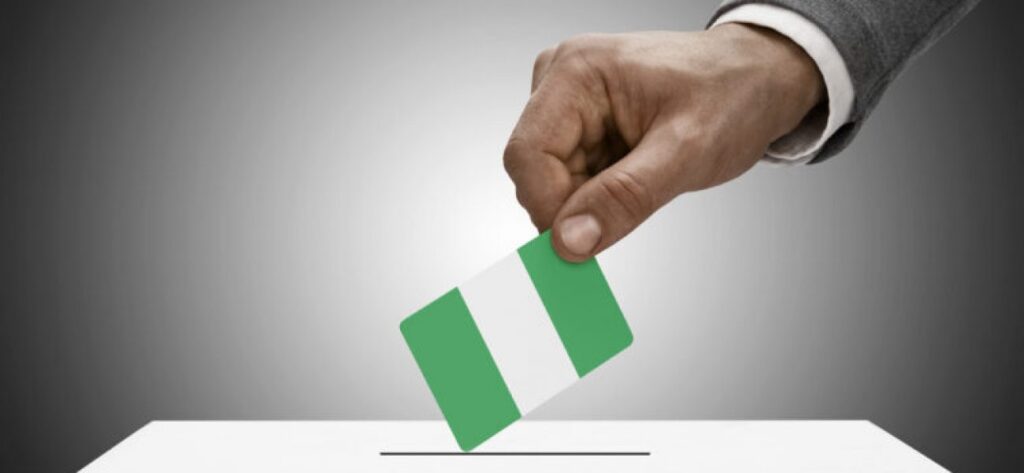A proposed amendment to Nigeria’s Electoral Act 2022 has ignited vigorous debate among legal experts, politicians, and civil society groups. Titled “A Bill for an Act to Amend the Electoral Act 2022 to Make it Mandatory for All Nigerians of Majority Age to Vote in All National and State Elections and for Related Matters,” the bill was introduced by the Speaker of the House of Representatives, Rt. Hon. Abbas Tajudeen. Having recently passed its second reading in the House; it marks a potentially transformative moment in Nigeria’s democratic journey.
Here are 10 key facts Nigerians should know about this controversial legislation:
-
Compulsory Voting Already Exists in Other Countries
Over 20 countries, including Australia, Belgium, and Argentina, have established laws requiring citizens to vote. These countries consistently report voter turnout levels above 85%, demonstrating the potential impact of such legislation.
-
Nigeria’s Voter Turnout Is Critically Low
The bill is likely a response to the country’s declining electoral participation. In the 2023 general elections, only 26.71% of registered voters cast their ballots—the lowest turnout since Nigeria’s return to democracy in 1999.
-
The Bill Includes Penalties for Non-Compliance
Though full details have not been released, the bill proposes punitive measures for eligible citizens who fail to vote. Penalties may include fines of up to ₦100,000, six months’ imprisonment, or both—raising concerns about enforcement, fairness, and constitutional integrity.
-
Voting Would Still Allow for Neutrality
Compulsory voting laws in other countries permit voters to cast blank or spoiled ballots. The Nigerian version may adopt a similar allowance, fulfilling the legal requirement without forcing endorsement of a particular candidate.
-
Supporters Say It Will Strengthen Democracy
Proponents argue that mandatory voting will enhance civic participation, improve political legitimacy, and reduce widespread voter apathy that has weakened Nigeria’s democratic institutions.
-
Special Interest Groups Could Lose Sway
Higher voter turnout could dilute the disproportionate influence of organized interest groups and political elites, ensuring that elected officials reflect a broader segment of the population.
-
Legal Experts Warn of Constitutional Conflict
The Nigerian Bar Association (NBA) has criticized the bill as unconstitutional, citing Sections 39(1) and 40 of the 1999 Constitution. These sections guarantee freedom of expression and association—including the right to abstain from voting.
-
Critics Warn of Authoritarian Overreach
Human rights lawyer and Senior Advocate of Nigeria, Femi Falana, has labeled the bill a “dangerous distraction,” suggesting that it diverts attention from more pressing electoral challenges such as vote-buying, violence, and institutional mistrust.
-
There Would Be Exemptions
Similar to other countries with compulsory voting laws, Nigeria’s bill is expected to include exemptions for valid reasons, such as illness, travel, religious obligations, or conscientious objection.
-
Effective Implementation Demands Strong Electoral Infrastructure
To enforce compulsory voting fairly and efficiently, Nigeria would need to strengthen its voter registration systems, expand access to polling units, and develop transparent legal mechanisms for managing exemptions and disputes.
Conclusion
While the proposed compulsory voting bill seeks to revitalize Nigeria’s democratic participation, it raises profound legal and ethical questions. Supporters view it as a path to democratic inclusivity; critics see it as an unconstitutional overreach that fails to address the real root causes of voter apathy. As the debate continues, Nigerians must ask: can a vote cast under threat truly represent the will of the people?
Read More:
Appeal Court reserves judgment in Edo governorship dispute
SERAP to NASS: Drop ‘jail for non-voters’ bill now



